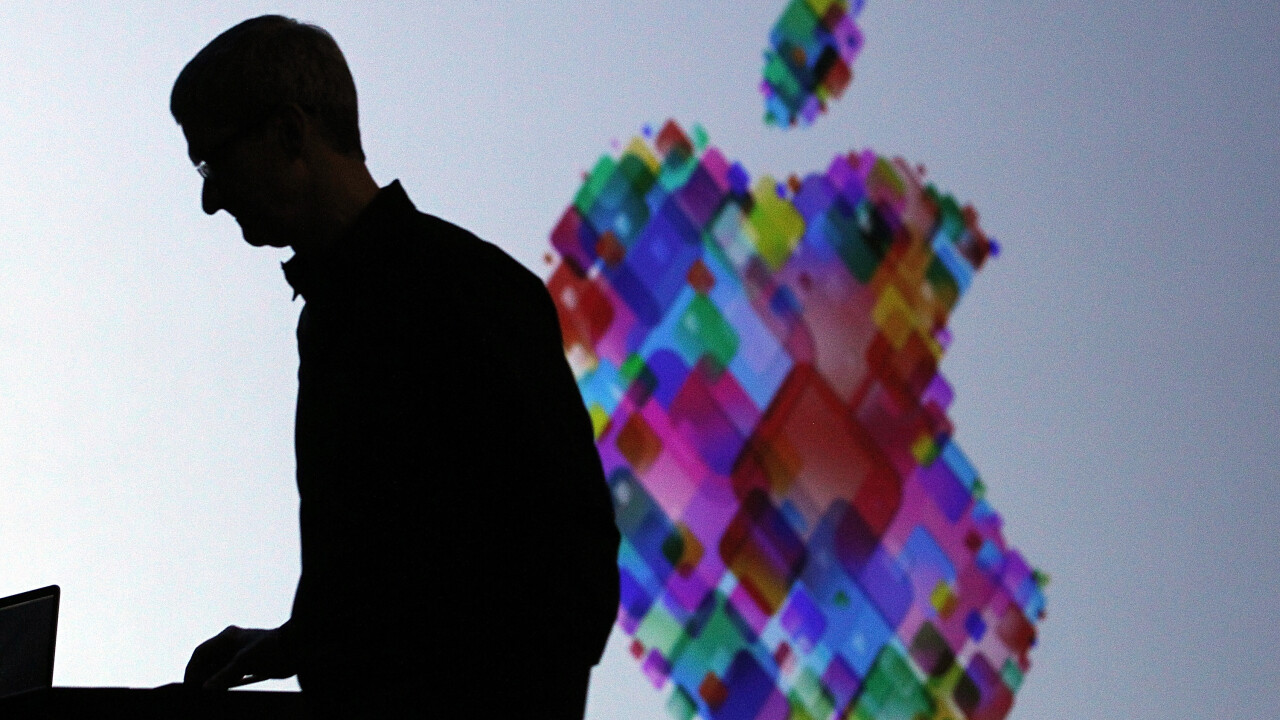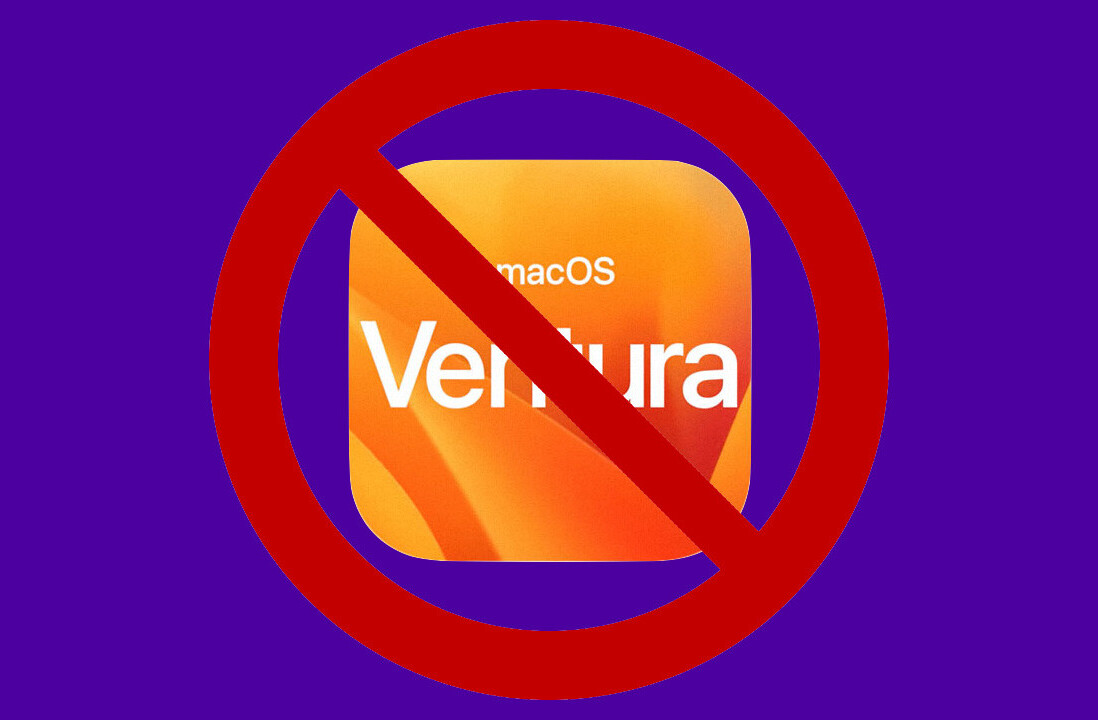
Following its Q2 2013 earnings report on Tuesday, Apple announced that its Board of Directors authorized increasing share repurchasing to $60 billion, up from $10 billion that it announced in 2012. In total, the company expects to utilize a total of $100 billion of cash under this expanded program. Shareholders will also see a 15 percent increase in Apple’s quarterly dividend. In Q2 2013, it declared a dividend of $3.05 per share.
Last March, the company created the repurchasing program, which would have been executed over three years. The aim was to “neutralize the impact of dilution from future employees equity grants and employee stock purchase programs.” With this modification of the buyback program, Apple is calling it one of the “largest single share repurchase authorizations in history” and expects it to be completed by the end of 2015.
In a vote of its confidence in itself, Apple said that most of the increase in its buyback has been dedicated towards share purchasing.
Apple CEO Tim Cook said in a statement:
We are very fortunate to be in a position to more than double the size of the capital return program we announced last year. We believe so strongly that repurchasing our shares represents an attractive use of our capital that we have dedicated the vast majority of the increase in our capital return program to share repurchases.
Peter Oppenheimer, Apple’s CFO, explained the process further in more financial terms:
We will continue to return capital to shareholders through dividends, share repurchases, and cash used to net-share-settle vesting RSUs. We continue to generate cash in excess of our needs to operate the business, invest in our future, and maintain flexibility to take advantage of strategic opportunities.
Additionally, Apple has said that it will access the US debt markets and secured credit ratings from S&P and Moody’s credit bureaus. Incorporating debt into its capital structure will give it access to reduction in capital and leverage in its strong balance sheet.
Photo credit: Justin Sullivan/Getty Images
Get the TNW newsletter
Get the most important tech news in your inbox each week.




